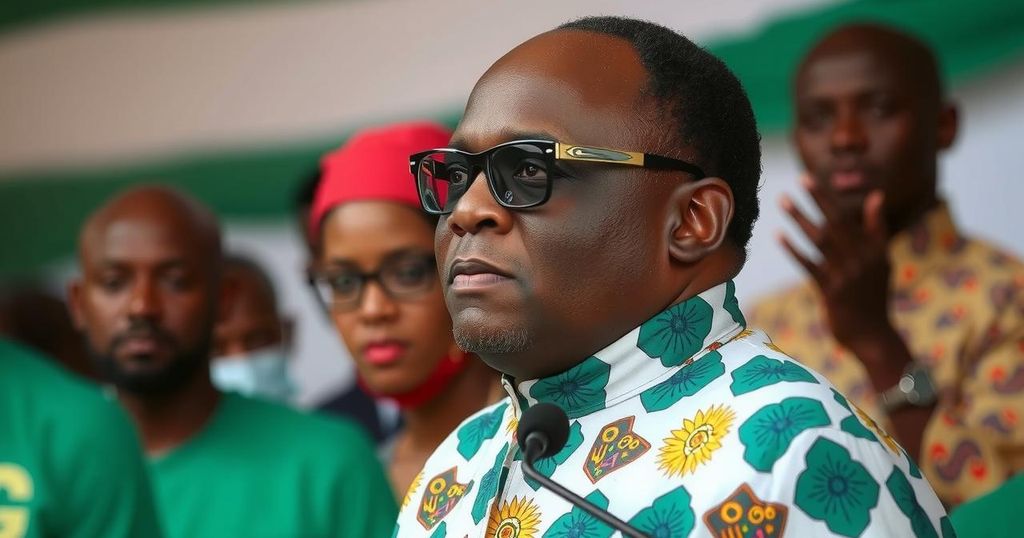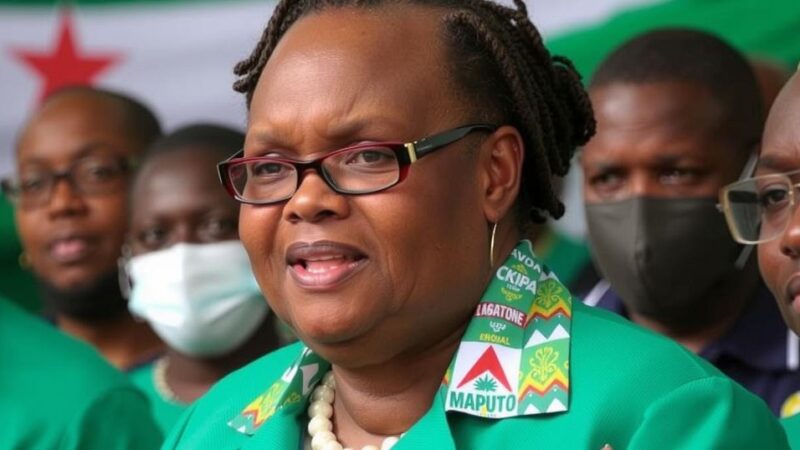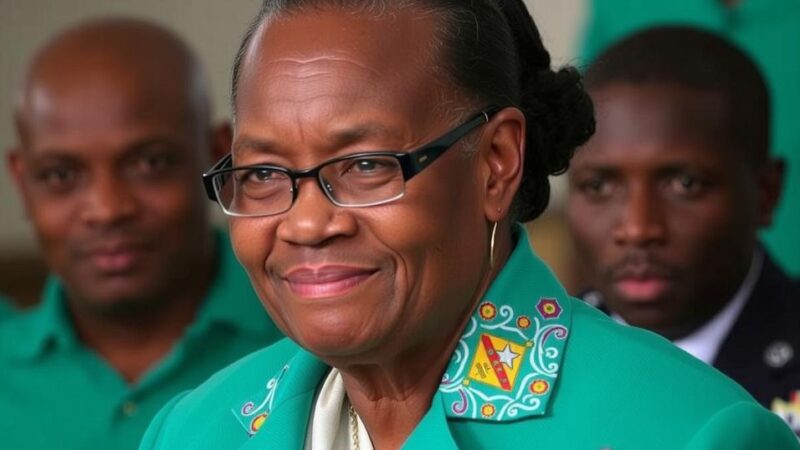Former Ghanaian President John Dramani Mahama has won the presidential election as Vice President Mahamudu Bawumia conceded defeat. Bawumia’s concession was aimed at reducing tensions, with both acknowledging Mahama’s victory. The electoral outcome was influenced by economic challenges, including a debt crisis, prompting Mahama’s promises of economic reform.
Ghana’s political landscape has undergone a significant shift following the recent presidential elections, where former President John Dramani Mahama of the National Democratic Congress (NDC) has emerged victorious. Vice President Mahamudu Bawumia, the candidate from the ruling New Patriotic Party (NPP), publicly conceded defeat during a press conference, affirming his respect for the election outcome and calling Mahama to extend his congratulations. Bawumia’s decision to concede prior to the official results announcement was aimed at reducing tensions amid the electoral climate.
The economic turmoil experienced under the current government was a central factor in Bawumia’s defeat. As he stated, “The people of Ghana have spoken, the people have voted for change at this time and we respect it with all humility.” This loss is indicative of the public’s desire for a different approach in governance, particularly as Ghana grapples with significant economic challenges, including a debt default and rising living costs. Mahama has promised to rejuvenate the economy by renegotiating aspects of the agreement with the International Monetary Fund and striving towards the establishment of a “24-hour” economy.
The recent elections in Ghana highlight not only a political transition but also significant socio-economic challenges faced by the country. Previous President Mahama’s return to power follows a period of discontent among citizens relating to the management of the economy under outgoing President Nana Akufo-Addo’s administration. Ghana’s recent debt default and the need for external financial support through the IMF have placed additional strain on the electorate’s confidence in the current government, creating a ripe environment for change as the population seeks solutions to their economic woes. Mahama’s history in office, having previously served as both president and vice president, positions him as a familiar figure who has pledged to implement new economic strategies aimed at revitalizing the nation’s fiscal health.
In summary, the election results signify a call for change from the Ghanaian people, as evidenced by Mahama’s victory. Vice President Bawumia’s concession reflects an acknowledgment of the prevailing economic dissatisfaction among voters. As the country transitions to a new leadership under Mahama, expectations are high for addressing the pressing economic issues and realizing the promised reforms that aim to rejuvenate Ghana’s economy and improve living conditions for its citizens.
Original Source: www.dw.com







